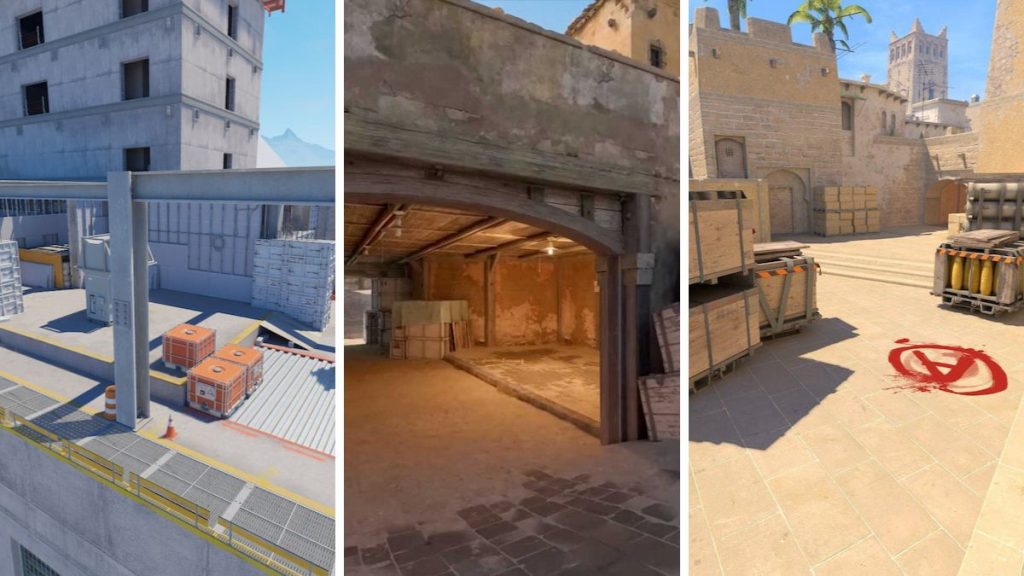In the ever-evolving world of virtual gaming, the importance of map knowledge cannot be overstated when it comes to maximizing team efficiency. Virtual gaming, whether it is a strategy-based battle royal or a cooperative multiplayer mission, relies heavily on a team’s ability to navigate and utilize the game’s environment effectively. Understanding the nuances of a map can significantly enhance a team’s performance, turning a group of players into a cohesive, well-oiled machine. Map knowledge encompasses more than just knowing the layout of the terrain. It involves an intricate understanding of various elements within the game world, such as chokepoints, high ground advantages, resource locations, and potential ambush spots. Teams that invest time in mastering these aspects of the map gain a substantial strategic advantage over their opponents. This knowledge allows players to anticipate enemy movements, plan efficient routes, and make informed decisions during critical moments of the game.

A well-informed team can devise and execute plans with precision, knowing exactly where to position themselves for the best tactical advantage based on cs2 ranks. For instance, in a game where high ground offers superior visibility and control, a team that understands the map will prioritize securing these elevated positions. This foresight can lead to better control of key areas, improved defensive capabilities, and a stronger offensive strategy. Moreover, map knowledge contributes significantly to communication and coordination within a team. When all members of a team have a shared understanding of the map, they can convey information quickly and accurately. This shared knowledge reduces confusion and enhances the team’s ability to execute complex strategies. For example, if a team needs to converge on a specific location, having a common mental map ensures that everyone arrives at the designated spot simultaneously, minimizing the risk of disorganization and missed opportunities. In addition to strategic and communicative benefits, map knowledge also plays a vital role in resource management.
Furthermore, understanding a map allows teams to adapt and respond to dynamic in-game situations. Virtual gaming environments are often designed to be dynamic, with elements that change over time or in response to player actions. A team with deep map knowledge can quickly adjust their tactics based on these changes, maintaining their strategic edge even as the game evolves. This adaptability is crucial in fast-paced games where situations can shift rapidly and unpredictably. In essence, map knowledge in virtual gaming is a foundational element that underpins a team’s overall efficiency and effectiveness. It enhances strategic planning, improves communication, optimizes resource management, and enables adaptability. Teams that prioritize learning and understanding their game’s maps will find themselves better equipped to handle the challenges and opportunities presented by their virtual environments. By investing time in mastering map knowledge, players can elevate their gameplay, foster stronger team dynamics, and achieve greater success in their gaming endeavors.